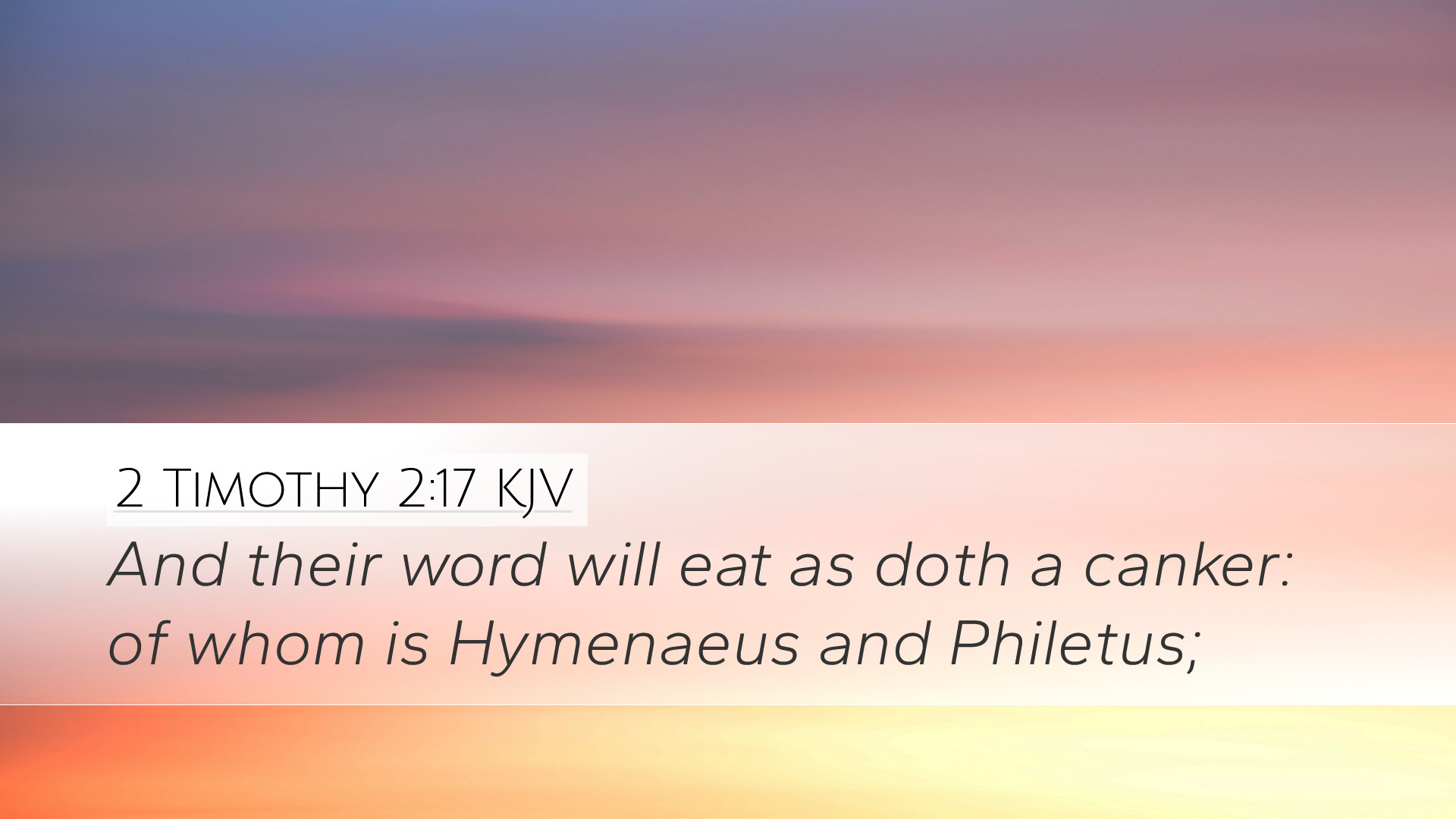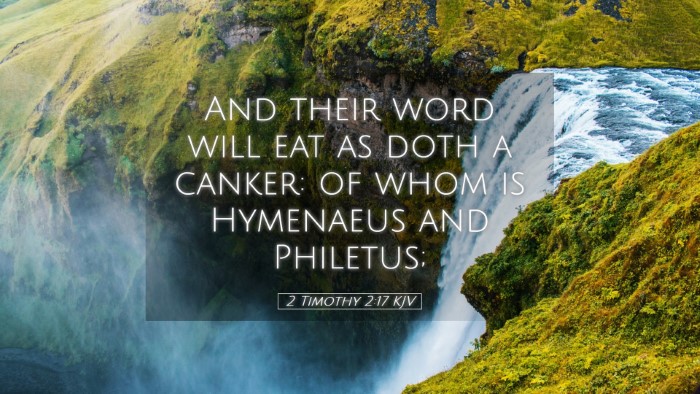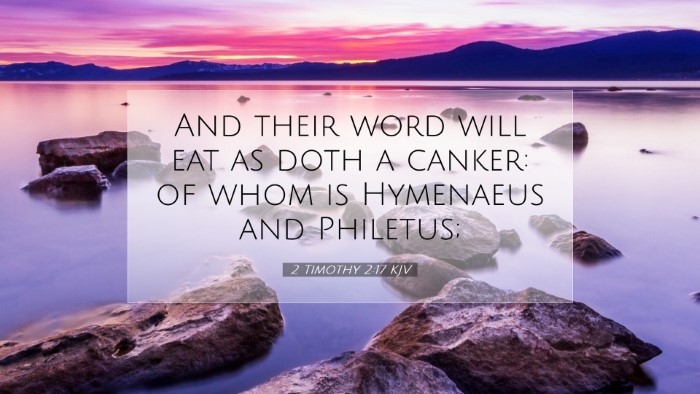Old Testament
Genesis Exodus Leviticus Numbers Deuteronomy Joshua Judges Ruth 1 Samuel 2 Samuel 1 Kings 2 Kings 1 Chronicles 2 Chronicles Ezra Nehemiah Esther Job Psalms Proverbs Ecclesiastes Song of Solomon Isaiah Jeremiah Lamentations Ezekiel Daniel Hosea Joel Amos Obadiah Jonah Micah Nahum Habakkuk Zephaniah Haggai Zechariah MalachiVerse
2 Timothy 2:1 2 Timothy 2:2 2 Timothy 2:3 2 Timothy 2:4 2 Timothy 2:5 2 Timothy 2:6 2 Timothy 2:7 2 Timothy 2:8 2 Timothy 2:9 2 Timothy 2:10 2 Timothy 2:11 2 Timothy 2:12 2 Timothy 2:13 2 Timothy 2:14 2 Timothy 2:15 2 Timothy 2:16 2 Timothy 2:17 2 Timothy 2:18 2 Timothy 2:19 2 Timothy 2:20 2 Timothy 2:21 2 Timothy 2:22 2 Timothy 2:23 2 Timothy 2:24 2 Timothy 2:25 2 Timothy 2:26

